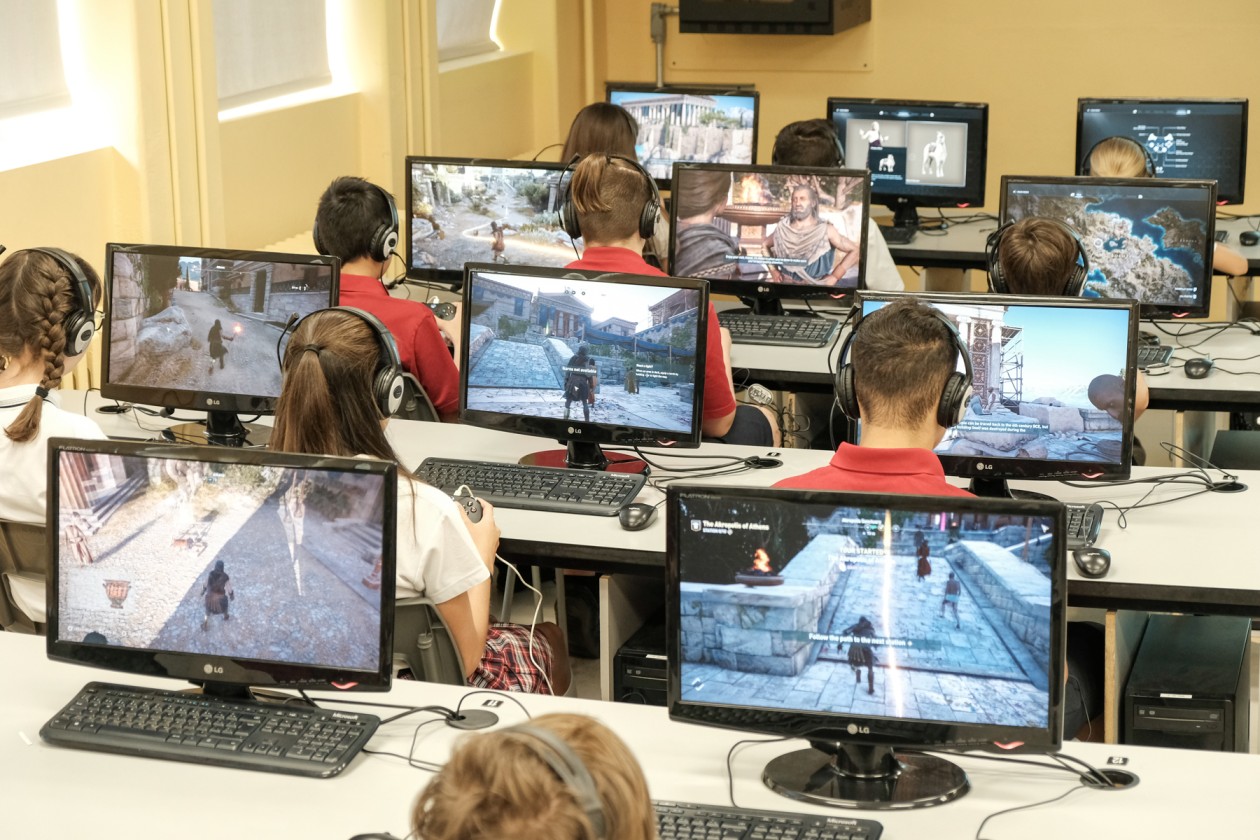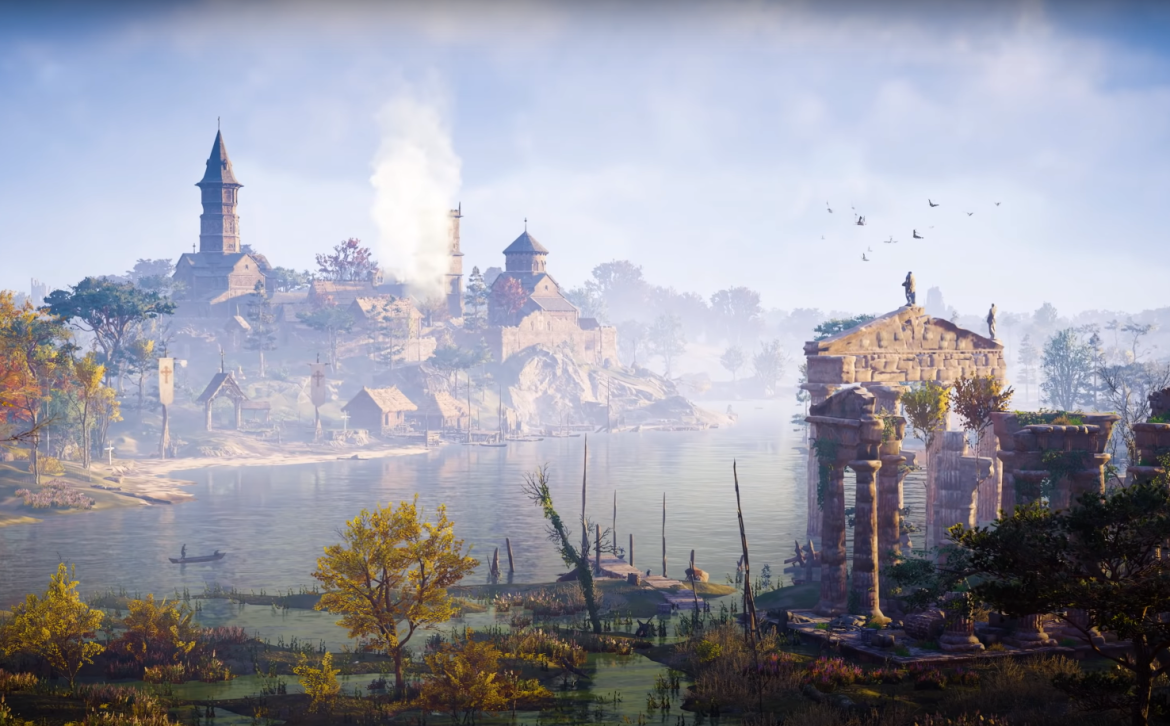Salford academic co-edits book on Assassin Creed's influence as a teaching tool
A University of Salford academic has co-edited a new book that discusses how the highly successful video game series Assassin’s Creed is being pioneered as a new tool to teach and examine ancient history across the world.
Assassin’s Creed in the Classroom: History’s Playground or a Stab in the Dark? has been co-edited by Dr Juan Hiriart, a Senior Lecturer in Interactive Media, Arts and Design and Professor Erik Champion, Enterprise Fellow and Emeritus Professor at the University of South Australia.
The book is a collection of essays that discusses various viewpoints on how the Ubisoft series is influencing teaching within the classroom, how we understand it as a new form of medium to examine history and how its Discovery Tour series, in which players play a walkthrough non-violent version, has piqued the interest of historians.

Dr Hiriart said: “Assassin’s Creed is such a big gaming franchise but is also unique in that it has become very influential at shaping the next generation’s perspective of history, albeit fictional, and reconstructing historical environments in such a level of detail that are being increasingly used in education and heritage.
“This book examines the Assassin’s Creed games in great detail, analysing how they have influenced the teaching of ancient and medieval history, how they can be used as pre-visualisation tools for school trips, how historical figures are presented, how their narrative and gameplay devices are drivers of historical empathy, and how the series can actually influence the teaching of architectural history.”
Three of the series’ most recent iterations, Valhalla (2020), Odyssey (2018) and Origins (2017) have been developed for the Discovery Tour game mode, allowing users to freely roam the worlds of the Viking Age, Ancient Greece and Ancient Egypt respectively. The tours allow users to experience the eras at their own pace and to embark on guided tours and stories curated by historians and experts.
The tour modes have been widely praised by teachers across the world who have used the technology within the classroom, and in the book, Dr Hiriart and Professor Champion write about its usefulness as a teaching tool.
They write: “From a pedagogical standpoint, the game series still has some way to go. It has not replaced teachers, but researchers have examined its usefulness in the classroom for teaching history and argued that there is much interest to explore.
The co-editors also make the point that the series’ pioneering reincarnation of history has traversed it to becoming fundamentally different from other forms of media that explores historical narratives and settings.
They write: “Aside from the game’s deviation from the historical record, the appropriate question to focus on is how video games convey facts or make historical arguments. From this perspective, games are fundamentally different from historical literature or film, and need to be understand as a new form and not just as an extension of other forms of historical mediation.”
The book is published this week by German academic publishing house De Gruyter as part of their ‘Video Games and the Humanities’ series which has also explored First World War epic Battlefield 1 (2016), The Last of Us (2013), Red Dead Redemption (2010), L.A. Noire (2011), the Grand Theft Auto series and the Watch Dogs series.
All images are courtesy of Ubisoft. Video below explains how Ubisoft creates the Discovery Tour version.

For all press office enquiries please email communications@salford.ac.uk.
Share:
